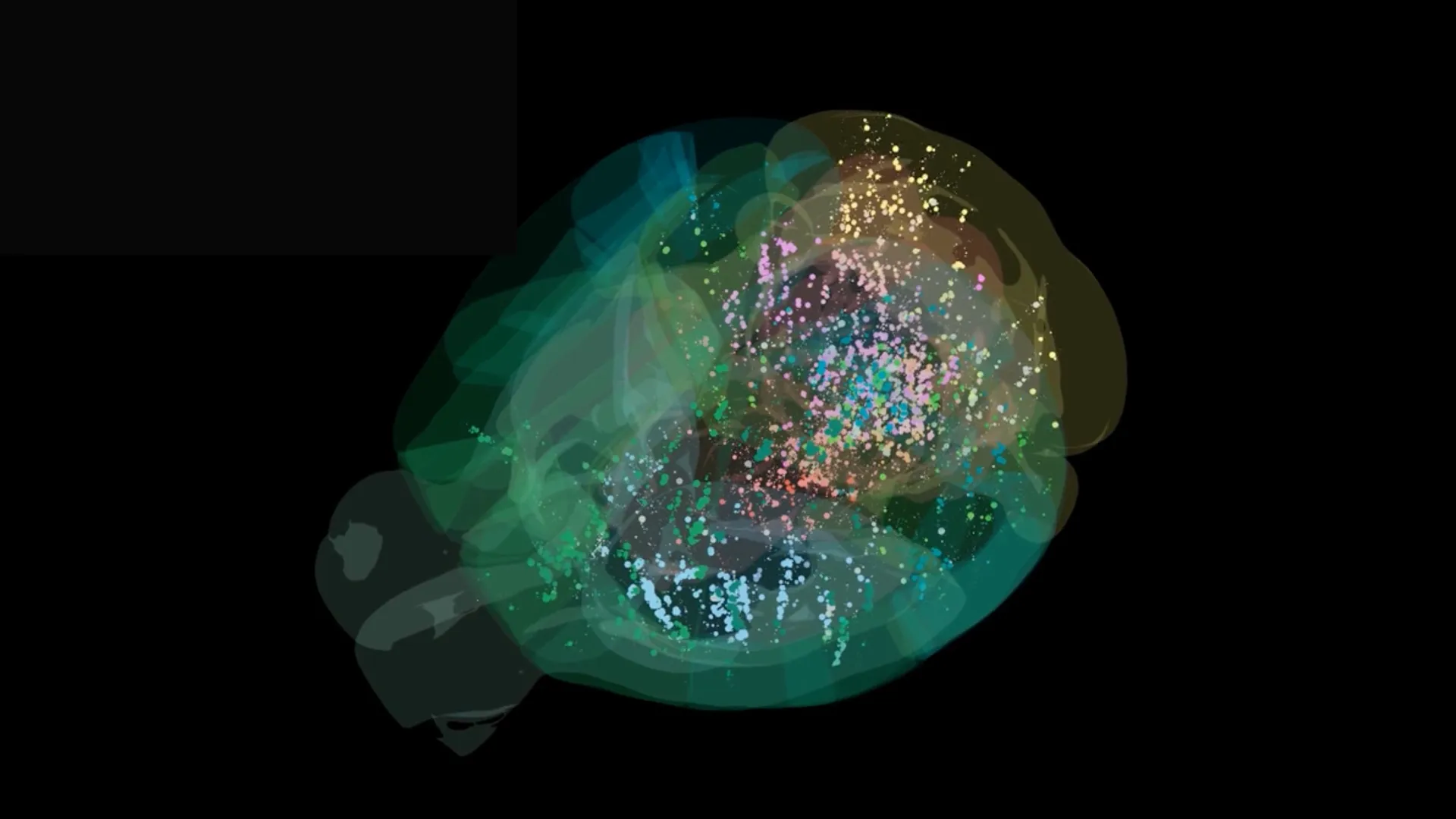By A Psychologis,Contributor,Mark Travers
Copyright forbes

You may think that happiness is the ultimate goal, but research shows otherwise. Here’s why the happiest people may not always get ahead in every area of life.
Many of us today are doing our best to be happier. It’s absolutely natural and even healthy to want more for yourself, and to do what you can to live well.
After all, the drive to grow and to make life a little brighter is one of the most natural human instincts. People read books in the promise to unlock their potential, download apps that track moods for better management of mental health and listen to podcasts that remind them to “be their best selves.”
However, happiness, in some ways, is not a personal goal but almost a cultural expectation; something we’re all supposed to be striving toward all the time. If you look closely, most wellness practices you adopt ultimately circle back to this very pursuit.
Say you start working out or optimize your diet and every aspect of nutrition in your life; the goal on the surface seems to be about fitness. But ultimately, many people are chasing the joy of transforming into their ideal body shape or the rush of happiness that comes with hearing compliments about their transformation. The exercise itself is a means, but the happiness it promises is the real destination.
Similarly, people chase productivity hacks and certain morning routines to get more done. For many, it’s the thrill of feeling accomplished and the happiness that comes from believing you’re in control of your life. The same is true for any kind of self-improvement habit.
MORE FOR YOU
The Massively Growing Self-Help Industry
The self-help industry thrives on this universal desire. In a recent survey by Zipdo, The global self-improvement industry was found to be valued at around $10.9 billion in 2021, spanning books, apps, podcasts, courses and coaching.
In the U.S., self-help books alone generate over $1.2 billion annually, with most buyers averaging 35 years old and over 60% returning for repeat purchases.
Around 80% of Americans believe in self-improvement, with 65% pursuing it for better mental health. Their top focuses included wellness, productivity and spirituality.
Additionally, self-help podcasts grew by 35% between 2019 and 2022 and apps also reflect shifting habits, with 70% of users preferring mindfulness and meditation tools. It’s quite clear that investing in happiness and personal growth has become as common as paying for a gym membership.
How Much Happiness Is Enough?
While the cultural narrative is driving us to chase happiness and, in a way, building onto a belief that more happiness is always better, psychologists suggest the truth may be more complicated.
As Kyoto University researcher Kuan-Ju Huang explained to me in an interview, “The more we focus on being happy, the more likely we are to feel disappointed or anxious if we don’t meet that expectation. The paradox of valuing happiness is that constantly checking in with ourselves by asking, ‘Am I happy enough?’ can lead to emotional outcomes that directly undermine the goal of being happy.”
Additionally, research published in Perspectives on Psychological Science explores what the optimal level of well-being is. Researchers used multiple massive datasets, including one large cross-sectional survey, a detailed study with college students and four longitudinal studies tracking people over decades. They wanted to answer the question, “How much happiness is enough?”
More specifically, they also wanted to understand whether very high levels of happiness actually produce the best outcomes in all areas of life or whether the “optimal” level differs depending on the domain, such as one’s relationships, career, civic engagement, etc. The study found that optimal happiness does vary by life domain.
How Optimal Levels Of Happiness Can Vary By Domain
In close relationships and volunteer work, the happiest people — those at the very top of the happiness scale — were doing the best. Here, being fully content leads to greater stability and satisfaction. This suggests that warmth and general sociability can help you thrive socially.
However, wanting more in this context can backfire, because it can lead you to compare, criticize or seek social alternatives rather than appreciating what you already have.
In achievement-related areas like income, education and political participation, the moderately happy, but not the happiest of all, were more successful. If you’re completely content, you might not push as hard for promotions, higher education or political change. So, in this aspect, a little dissatisfaction seemed to fuel ambition and effort.
The researchers mention clearly that it’s not bad to be very happy, or that unhappiness is desirable. Very happy people still function better than unhappy or neutral people. But the highest level of happiness is not universally optimal. The benefits depend on the context.
In terms of volunteer work, the researchers originally thought that people who were only moderately happy might volunteer more. They believed so because they thought the moderately happy people could be motivated by a desire to make the world a better place. But the data showed the opposite.
The happiest people were also the most likely to volunteer because volunteering is closely tied to qualities like being social, kind and agreeable. These are traits that naturally go hand in hand with higher happiness.
How Personality And Culture Influence Happiness
The study also found that the benefits of happiness can depend on your personality. For example, individuals with higher levels of neuroticism, who tend to be more anxious or prone to worry, sometimes perform better in demanding tasks if they allow themselves to feel a bit of worry.
That worry can be a driver for better performance. Their worry sharpens their focus and pushes them to prepare more thoroughly. If they were “extremely happy” and relaxed instead, they might lose that edge.
So for them, moderately high happiness combined with some worry may actually be more functional than being completely carefree. This means that what looks like a “negative” emotion can actually be adaptive depending on the person and the situation.
The researchers also point out that different cultures value different kinds of positive emotions. This determines how optimal happiness looks different for different people.
For instance, in some cultures, happiness might be perceived as excitement and high energy, while in others it could be seen as calmness and peace of mind. These different flavors of happiness can lead to different outcomes; energized happiness might push people toward achievement, while calmer happiness might strengthen social bonds.
What counts as the “best” or “most functional” level of happiness is shaped by both how your personality is as well as where you live and the cultural values you believe in.
Beyond Chasing Happiness
It’s natural to want to feel happy, and there is absolutely nothing wrong with working toward a better life. But this research is a reminder that happiness is not a one-size-fits-all formula, nor is “more” always better.
If you’re constantly chasing the next hack, book or program in search of the perfect emotional state, you risk experiencing betterment burnout, that exhausting cycle where the pursuit of happiness or being well leaves you feeling drained instead of fulfilled.
“If being happy starts to feel like a burden, trying to disengage from the goal of happiness may actually make you more likely to achieve it,” Kuan-Ju Huang suggests.
Feeling happy is important. But it’s only one emotion in a much wider emotional landscape. Life is a mix of all the emotions we feel, and happiness is only one part of it.
Every emotion serves its own purpose, and even so-called “negative” ones have value. Frustration can push us to solve problems, sadness can deepen your appreciation for joy and worry can sometimes sharpen your focus. Without those contrasts, happiness itself can lose its meaning.
There’s no universal formula for the perfect life. So, instead of chasing happiness as a constant state, it may be wiser to accept it as one part of the broader human experience.
Curious about your current state of well-being? Take the science-backed WHO-5 Well-Being Index to get a clearer picture of how you’re doing.
Editorial StandardsReprints & Permissions



